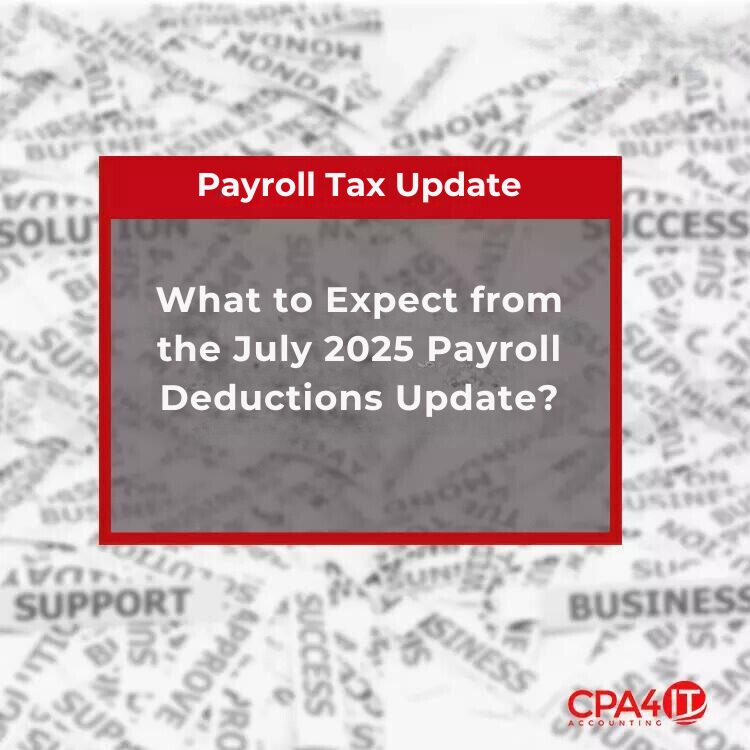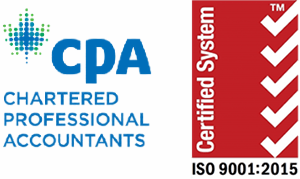What Is the Role Of a Bookkeeper?
Bookkeeping is the part of accounting that’s concerned with the collection and organization of financial documents. This means that it is the bookkeeper’s job to gather, organize, and file every bit of data related to your company’s finances. A bookkeeper is in charge of compiling:
- Invoices
- Receipts
- Payroll records
- Bill statements
- Bank and credit card statements
- Tax forms and returns
While accounting encompasses these data-gathering duties, this field also tends to involve analyzing the numbers and making profit and loss projections. However, bookkeeping as a term doesn’t necessarily include such long-term calculations and analyses. That said, good bookkeeping ensures that you have the numbers and data that you need to help your accountant make predictions about your business’ future, and diagnose your business’ financial health.
Useful Tools to assist you with Bookkeeping
There are several tools and software which can make the deductions process extremely efficient.
- QuickBooks Online
QuickBooks Online allows you to keep a detailed record of all your expenses. This platform assists business owners in making all the calculations for source deductions directly from their income. As an Elite QuickBooks Pro-
Advisor, CPA4IT gets access the absolute lowest wholesale prices on QBO and we pass those savings on to you! Don’t forget to click here and avail 40% off on QuickBooks by leveraging our whole sale prices.
The Importance of Bookkeeping in a Small Business
Tracking Profitability
Tracking your company’s profitability lets you follow your earnings over time and plan for ways to improve it in the future. Profitability measures let you easily and quickly track transactions and determine how much your business earns on inventory. Some helpful profitability ratios that let you gauge your company’s efficiency include:
- Gross margin ratio
- Profit margin
- Return on assets ratio
- Return on equity
- Return on capital employed
Maintaining Cash Flow & Improved Financial Management
As a responsible small business owner or bookkeeper, you should be aware of your company’s revenue streams. With accurate bookkeeping, you can tell how much your business is making in terms of income and track your spending to ensure that you have enough cash on hand to cover your business expenses. Proper financial records make it easier for you to analyze the financial state of your firm and determine areas that need improvement.
Bookkeeping Helps You Prepare for Taxation
If you run a start-up you can save time by recording all transactions as they come up. This saves you from tracking important financial information for the end of the fiscal period at the last-minute. With proper bookkeeping, you can determine the types of taxes and calculate the amount payable in advance.
Easier Reporting
As a business owner, you’re responsible for reporting crucial financial data about your firm to potential investors and other stakeholders. Bookkeeping programs that incorporate graphs, charts, and other visual aids make it easier to increase data precision and improve communication when you’re wooing investors.
You’re also responsible for communicating with your employees and allowing them to know the financial state of your firm. They need to know if the company is making some progress and how they contribute to its growth. Bookkeeping accounting ensures that you have the right information to talk to your team and make them feel like they’re part of the company.
Evaluate Performance & Plan for the Future
Accurate bookkeeping helps you trace your firm’s financial records and evaluate its performance levels. You can look back, see patterns, and even draw comparisons with previous business years. Bookkeeping allows you to have a greater understanding of the areas within your business where you can trim costs.
You may need to re-strategize and make adjustments to ensure you stay on top of your business.
Proper bookkeeping also allows you to determine the areas within your company that could benefit from improvements. If you’re a small business owner, it’s necessary to set projections and forecast the future of your business. Bookkeeping accounting lets you know if your small business needs extra employees or requires operational changes.
Which Financial Records Should You Keep?
An obsession with documentation is a good trait to have as a small business owner. Be sure to keep the following:
- Receipts
- Invoices
- Payroll records
- Bank and credit card statements
- Investment statements
- Tax returns
Take the time to organize your records, whether that means buying a filing cabinet or breaking out the label maker. Saving your records in the cloud also ensures that they’re easily accessible in a digital format from any device. Making sure your records are well-organized can save you a big headache if you’re ever subjected to an audit.
As a business owner, you’re required to keep financial and tax records for six years after the tax year in which they were received; it’s a good idea to keep these archived records in both paper and digital formats for added security. Records older than six years can be securely disposed of by hiring a professional document shredding company. For digital records, QuickBooks allows you to easily delete or condense historic transaction data to save you storage space and secure sensitive financial information.
Preparing Financial Reports
Financial reporting makes up a large chunk of what bookkeepers do on a day-to-day basis. A detailed financial report usually includes the following three elements:
As a business owner, you’ll most likely have to create a complete financial report at least once a year, for tax purposes. However, there are plenty of reasons to make quarterly, or monthly financial statements as well. Frequent financial reports are a great way to check on your budget, and figure out where you can make adjustments if necessary.
Having a Hard Time Making Deductions?
Book your FREE consultation today!
Still not sure about how to organize your Bookkeeping? Don’t worry. We’ve got you covered! Our team of expert accountants will take care of all your financial responsibilities to put you in a healthy spot. Our goal is to help you organize your finances, create wealth, and transform that wealth into a legacy. Don’t forget to click here and book a FREE consultation with our team of experts to discuss this further.







